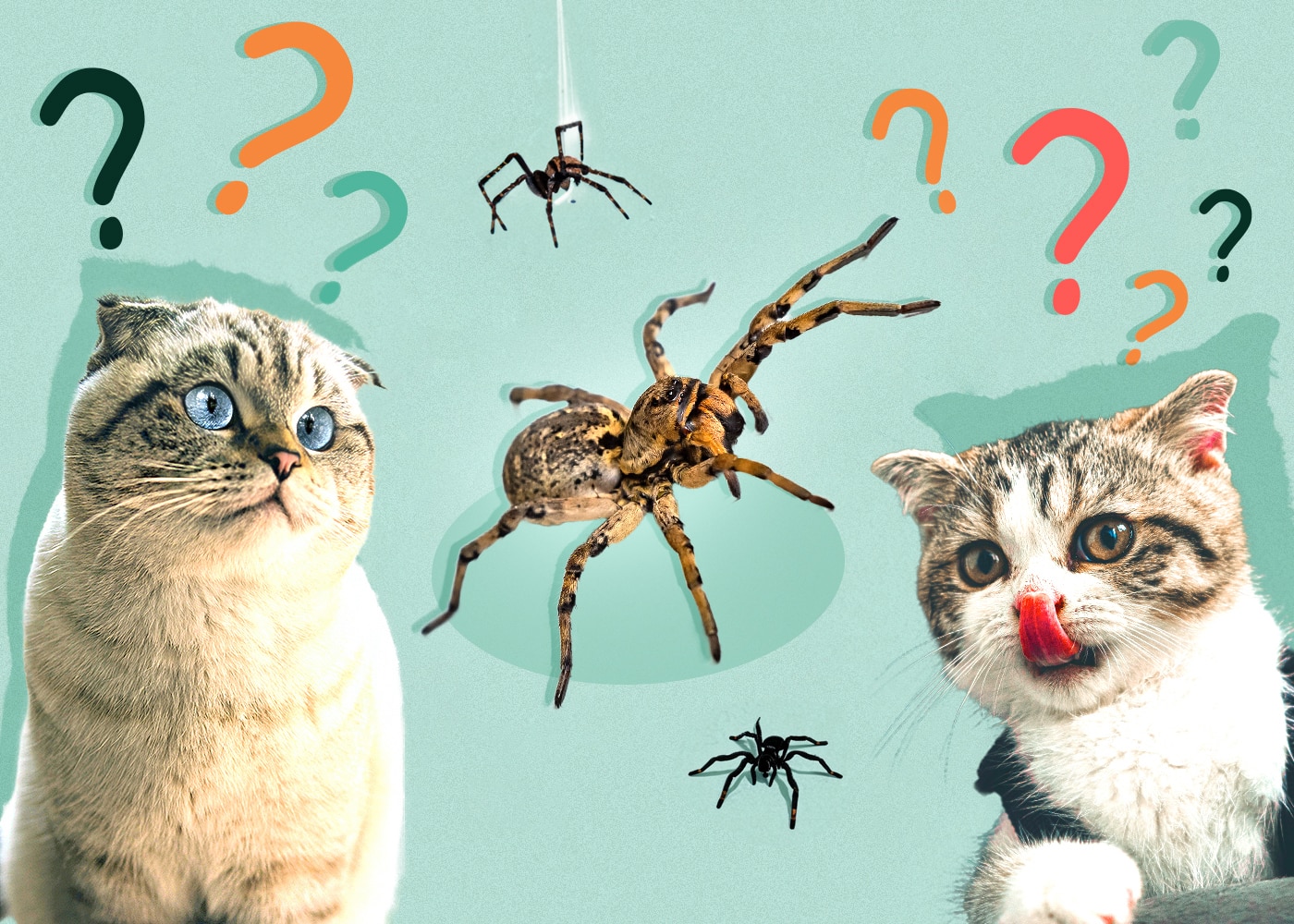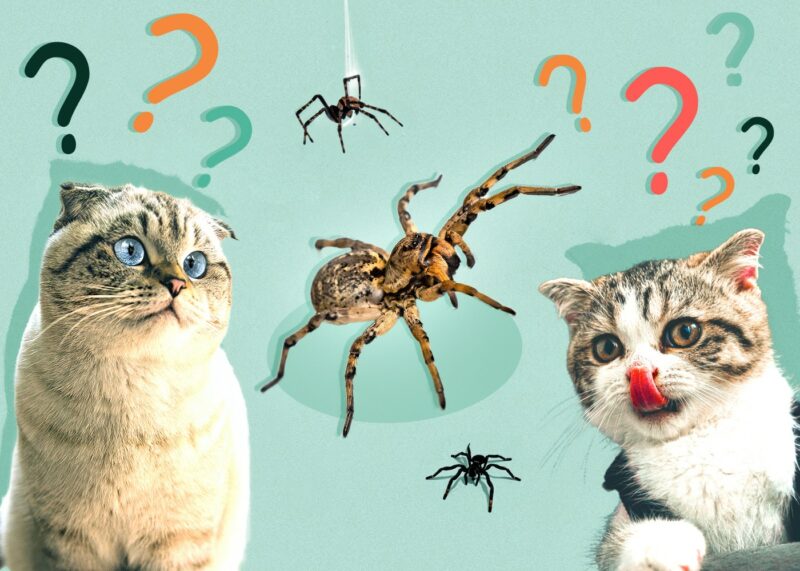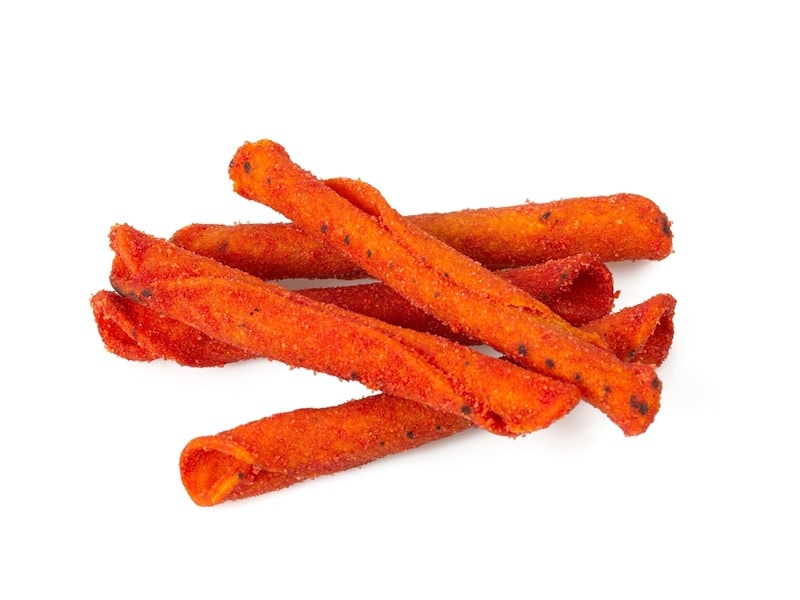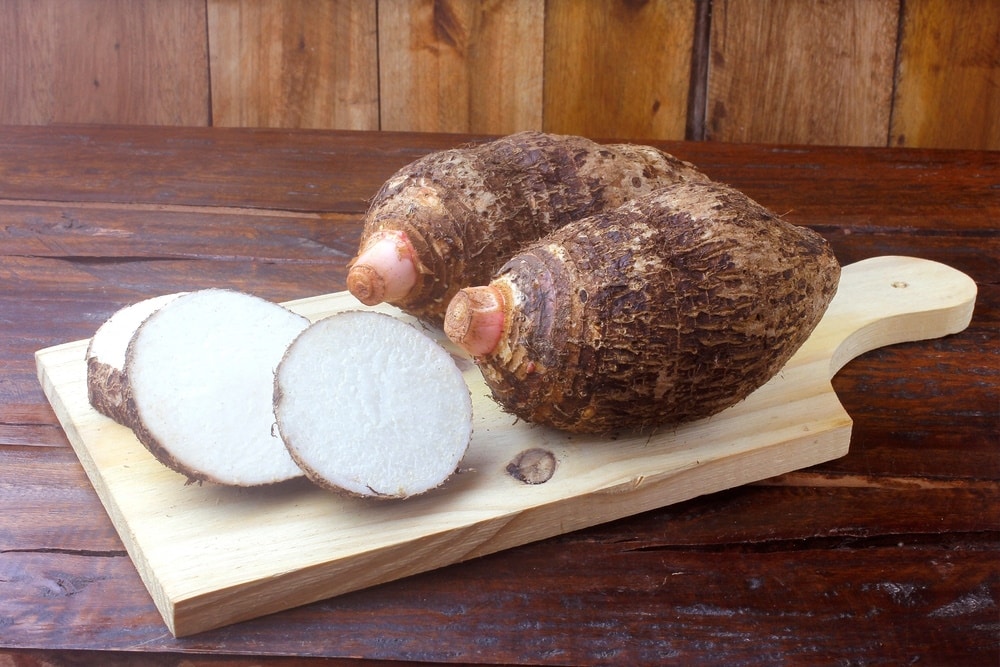Whether you’re a seasoned kitty owner or brand new to the feline community, chances are you’ll notice your cat take an interest in a spider. Most likely, your cat will bat it around and play with it. Before you know it, your cat has swallowed it whole!
Don’t be alarmed. Cats can eat spiders, but there are some spider exceptions. It’s very common for cats to find spiders in the house and eat them. But should you let your cat eat a spider? We’ll explore the topic further and learn why cats kill these eight-legged creatures.
Why Do Cats Eat Spiders?
The idea of a spider in your house might make your skin crawl, but cats love to play with them! To your kitty, a spider is a perfect hunting opportunity. Cats are natural-born hunters. While housecats don’t need to hunt for their food like wild cats, the killer instinct is still hotwired in their blood.
That’s why cats can’t resist any chance they get for a hunt. Small prey like mice, birds, hamsters, snakes, and spiders appeal to cats. But what about spider venom? Does it affect your cat’s stomach? Spider venom is unlikely to be a problem if your cat eats a spider. Their stomach acid destroys the venom before it can negatively affect your cat.

The Nutritional Value of Insects
As we know, cats don’t hunt just because they’re hungry. Still, insects provide nutritional value to a cat’s diet. And, of course, a little entertainment! Insects comprise a small percentage of a cat’s diet in the wild. The British Journal of Nutrition found that bugs and insects accounted for about 1.2% of a free-range feral cat’s diet in North America.
It’s not much, but it gives us important insight into cat behavior and their unique ability to find food. Because cats are carnivores, they require high protein levels in their diet. Researchers have found that insects are an efficient, sustainable protein source for cats.
Insects also provide essential fatty acids, vitamins, and minerals. Taurine, an amino acid, is critical to a cat’s diet. Without taurine, cats can develop severe medical issues. Luckily, research has shown that insects exceed the minimum requirement of taurine, crude protein, and other essential amino acids.
Pet food companies have noticed this and are experimenting with insect protein in their food. Cats don’t consume enough insects to live off of them, but they can be an excellent supplement to their daily diet.
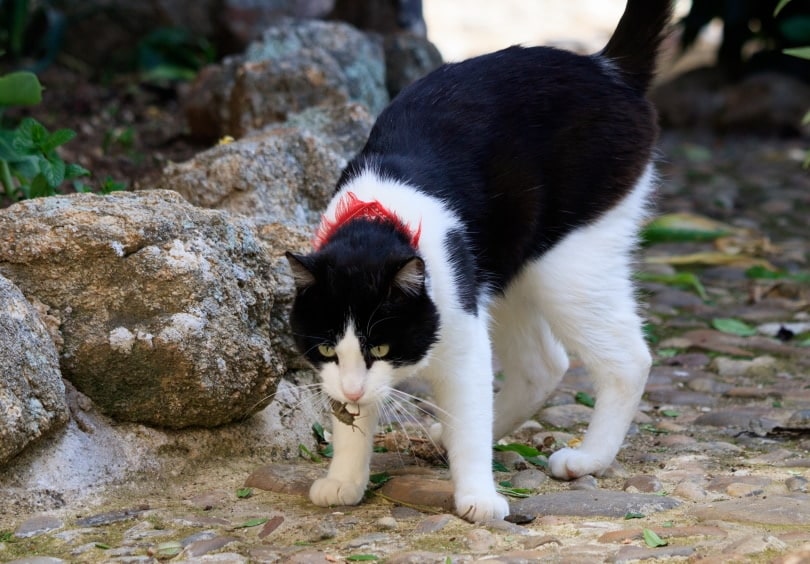

Which Spiders and Insects Are Dangerous to Cats?
It’s important to note that some insects can harm your cat. Most likely, your kitty will be okay if they eat a bug. The concern is if a bug bites your cat.
Most spiders have small mouths, and their bites don’t always require medical attention. However, some venomous species are harmful to cats. These species include:
- Black widows
- Brown recluse
- Hobo spiders
- False widow
- Tarantulas (hairs can cause severe irritation)
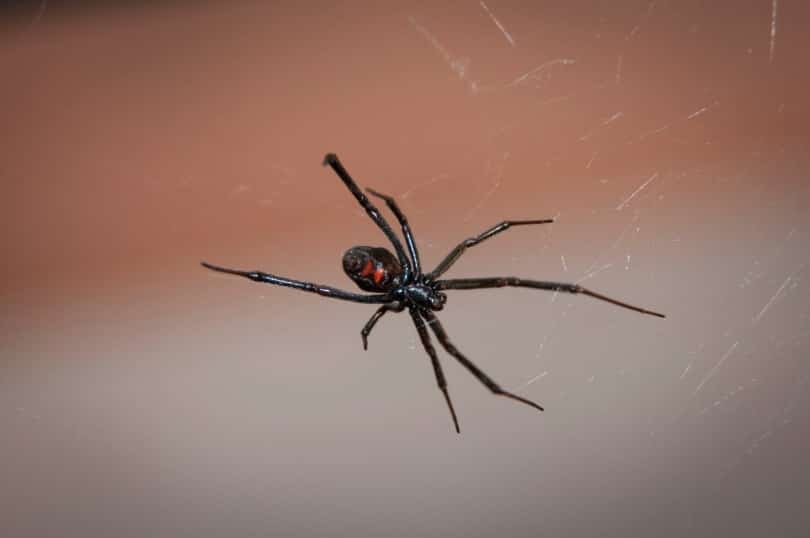
Bugs like wasps, bees, fire ants, and poisonous caterpillars can cause reactions from bites. It’s best to research spiders and insects in your area to learn which ones can harm your pet.
Spider venom affects the nervous system (neurotoxic) or tissue (necrotic) when a spider bites a person or creature. Knowing this is important when observing your cat.
- Vomiting
- Diarrhea
- Facial swelling
- Inflammation around the site of the bite
- Difficulty breathing
- Drooling
- Pawing from oral discomfort
- Lethargy
- Inappetence
- Fever
- Muscle pain or tremors
- Collapse or paralysis
A bacterial infection can also occur around the site of the bite if it’s not treated.
What To Do If Your Cat Is Bitten by A Spider
Spider bites don’t always show clinical signs right away, but you can monitor your cat if you suspect an insect or spider bite. Obvious clinical signs require immediate attention, such as collapse and difficulty breathing. If you notice any of these signs, immediately seek medical attention for your pet.
When in doubt, call your veterinarian for further instructions. If your primary vet isn’t available, emergency pet hospitals stay open 24/7 so you can take your kitty to the doctor at a moment’s notice.
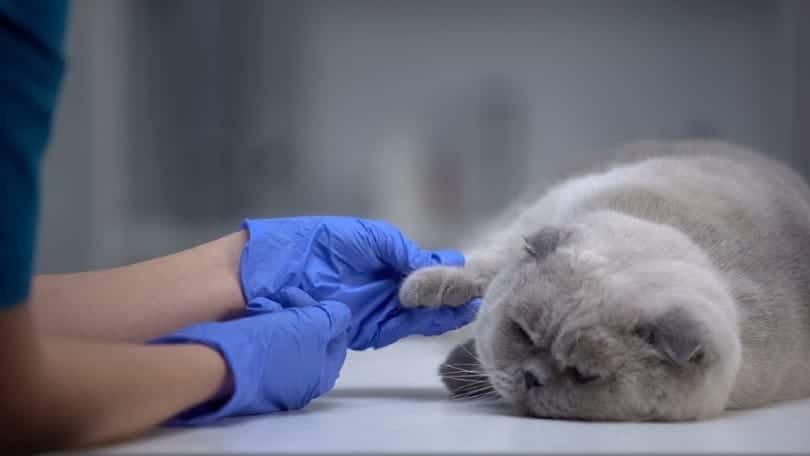

Final Thoughts
It’s natural to be scared if your cat eats a spider or strange insect. Your cat should be fine after eating a spider, but it’s always a good idea to call your veterinarian and discuss your concerns.
Cats are beautiful creatures and impeccable hunters. Spiders trigger the hunting instinct that kitties can’t resist. For those with harmless spiders in their homes, having their cats gulp one down may be a good thing!
Featured Image Credit: Andre Mueller, Shutterstock

